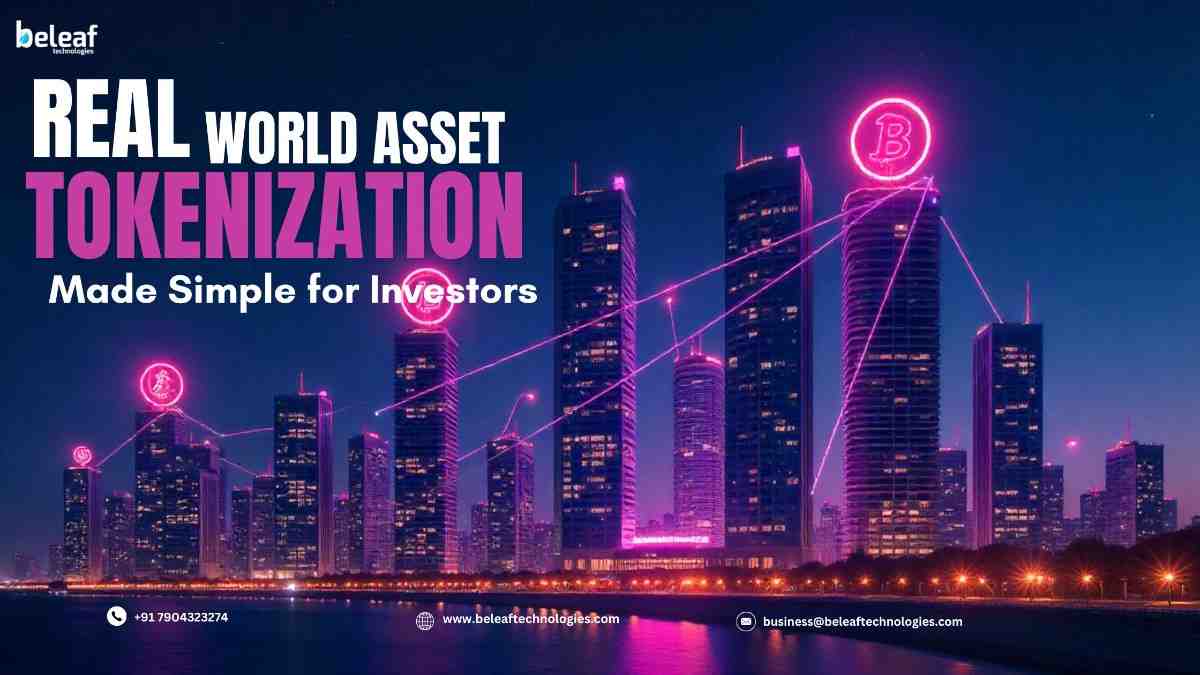


Investing has always been a way for people to grow their money.
Investing has always been a way for people to grow their money. From stocks and bonds to real estate and commodities, investors have many choices. But for decades, one big problem has stood in the way: middlemen. Banks, brokers, and financial institutions often sit between investors and their money. These middlemen take fees at every step, making investing costly and sometimes slow.
Now, a new approach is gaining attention: real world asset tokenization. This method allows people to invest in assets directly without so many middlemen. For investors who are frustrated with high fees, RWA tokenization could open a fresh path.
When you try to invest through traditional systems, you often deal with multiple layers of intermediaries. Here are a few examples:
Over time, these fees eat into your returns. Imagine investing $10,000 and paying 2% every year in fees. After 20 years, you could lose tens of thousands of dollars compared to an investment with no fees.
Beyond cost, traditional investing can also be slow. Paperwork, approvals, and clearing systems sometimes delay transactions by days or even weeks. For younger investors who are used to digital speed, this system feels outdated.
Real world asset tokenization is a way of representing physical or financial assets as digital tokens on a blockchain. These tokens work as digital certificates that prove ownership of the asset.
Here are some examples of real-world assets that can be tokenized:
Instead of paperwork and multiple middlemen, ownership is written into the blockchain. This means the record is secure, transparent, and difficult to tamper with.
The main benefit of tokenization is that it reduces the need for many middlemen. Let’s look at how:
In short, real world asset tokenization brings investors closer to the asset itself.
For many investors, the promise of lower fees and direct access is the biggest reason to explore real world asset tokenization. But there are other benefits too:
These changes could reshape how people think about investing in the long term.
Let’s say you want to invest in a property in another country. Traditionally, this process is filled with obstacles: legal checks, paperwork, transfer fees, and foreign exchange costs. By the time the deal is done, you’ve already lost a chunk of your money to fees.
Now imagine the same property has been tokenized. You can buy a digital token online that represents part of the property. You don’t need to fly abroad, deal with banks, or pay layers of commissions. The blockchain confirms your ownership instantly.
This is how real world asset tokenization makes investing simpler and cheaper.
